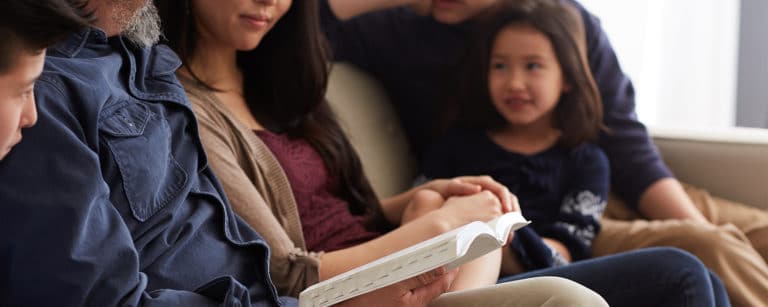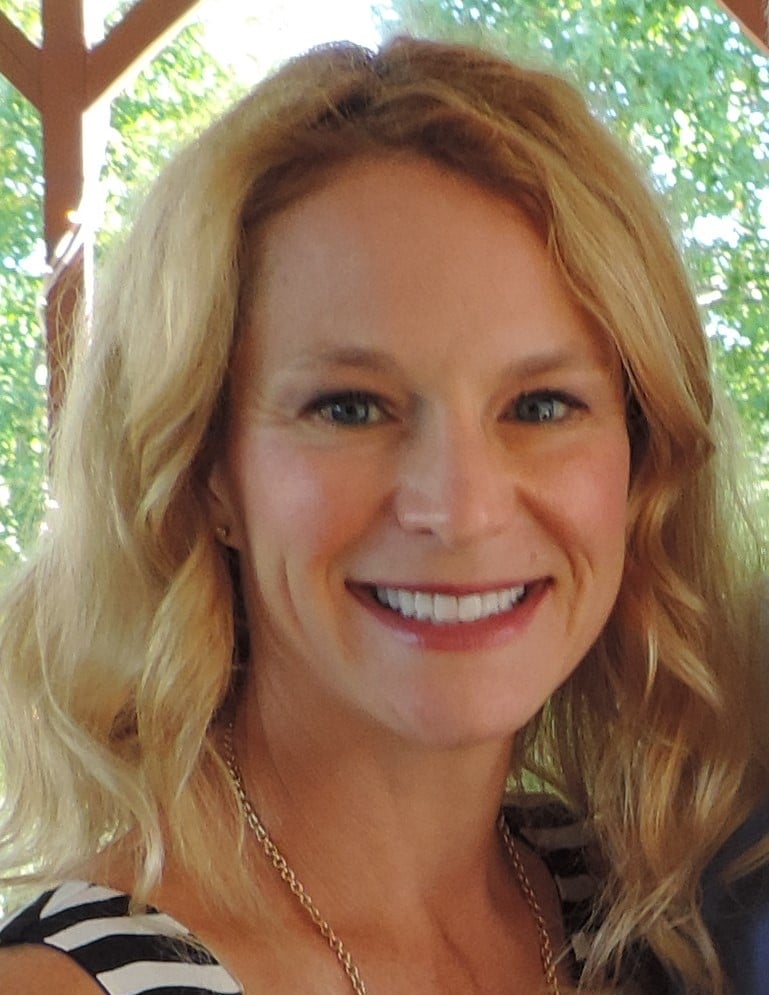
An interview with Dr. Jill Sauerheber
BY WKC STAFF
WKC: What particular mental health challenges have you seen impacting families, and individuals, as a result of the many months of pandemic in the United States?
I trust that most readers could create a top 10 list of the mental health challenges that families and individuals are facing as a result of the pandemic. It is important to realize that “mental health” challenges are actually symptoms of what is happening within the brain and nervous system. For example, parents may be struggling with how to manage their jobs (as well as how to bring in income to support the family) while making sure that their children are actually learning at school or behind the screen in the family living room. Children and adolescents may be trying to navigate a lack of daily structure (very difficult on the developing brain). This challenge is real and it is complicated. However, the “mental health” challenge that comes with it, is something that can be explained and addressed.
In short, “mental health” challenges such as depression, anxiety, panic, fear, irritability and family discord are all a result of a stressed brain and nervous system. When we are unable to access and use internal or external resources on a daily basis whether we are facing challenging times or not, our brains stay in flight, fight or freeze and our nervous system either crashes or remains “on.”
Let’s go back to the example noted earlier. Mom and Dad are worried about how their 10-year-old twins are going to learn this fall. They are nervous about bringing income in. When Mom gets worried she gets panicky. She is easily irritated and may even snap more than usual. She may get on social media and fire back at someone else’s posts. She may cut others off on the road more than usual. She may become less patient with Dad. Old resentments may come rolling back in. The children become quiet and worry about what may set Mom off. Mom’s brain and nervous system is in Fight mode.
Dad, on the other hand, shuts down when the world around him gets rough and unpredictable. Mom complains that he has become numb and “doesn’t seem to care.” If he was prone to an addiction, the family may see him engaging in behaviors like drinking more excessively, playing video games, and/or being attached to electronic devises. If he was prone to depression or low moods, the family may see him sleeping or moping around the house more. He may be less motivated to complete household projects or engage in otherwise enjoyable pastimes. If he was prone to isolation, he may be consumed in behaviors that keep him isolated, some of which may look similar to addictive tendencies (i.e., watching lots of television, playing video games, attachment to electronic devices much of the waking hours). In most unfortunate circumstances, Dad may seek comfort in another person outside of the marriage. Dad feels inaccessible to the family. But the root of his behavior is a sense of helplessness. He does not know how to help the external stressors and he is at a loss for how to help his wife’s anger and irritability. He is in Freeze mode.
The roles may be reversed. Men are just as prone to fight and women are just as prone to freeze. Or Mom or Dad may be experiencing another type of stressed brain, Flee. When a brain is in Flee mode, the individual will be in a constant state of anxiety and are often panicking. They are constantly worrying about something, anything. When they are not worrying about COVID, they become often overwhelmed with other worries. They may be exhibiting Obsessive Compulsive (OCD) type behaviors (including scrupulosity, eating disorders), unable to concentrate, and/sleep.
Children (as young as in utero) are not immune to a stressed brain. Their presenting behaviors, though may appear different. For example, children who are depressed (Freeze) may present with irritability, eating/food complications, behavioral “disorders,” promiscuity, and anger. Properly accessing what is happening in their brains is an absolute must prior to targeting and delivering interventions.
A brain moves into a state of fight, flight or freeze when a threat is perceived (i.e., COVID and all its many challenges). As a threat is perceived, the body responds. Arousal in the brain and nervous system increase. As the body prepares for the threat, hormones are released and major changes are happening within the body. This is how God made us! However, He did not intend for us to stay in these states of arousal. When our bodies and brains are in chronic states of fight, flight or freeze, our immune systems; relational ability; cognitive and emotional health; ability to learn; ability to self-sooth all become comprised.
In summary, the greatest challenges are internal (brain and nervous system) which eventually lead to more challenges such as emotional and physical health, relationship discord, workplace challenges, academic and school problems, and the like.

WKC: What can people do to take care of their own mental health and the mental health of their families?
First and foremost, find, access and use internal and external resources on daily basis. Internal resources might include daily prayer and meditation, breathing techniques, resting, and eating healthy. (A proper diet is very important for brain health.) External resources could include finding a good therapist, reaching out to a friend (even if one does not feel like it), sitting in a chapel each day, exercise, and/or engaging the five senses (by sitting outside). Walk, run. (Body movement also is very helpful in shifting our stressed brains.) Open the shades and sit out in the sun for a few moments every day. (Vitamin D is very important.) Make daily efforts to smile (with your eyes) to everyone you make contact with. Smiling is a natural way to socially engage (the antithesis of fight, flight or freeze).
Create new family rituals. This is tremendously important for the children. The young brain thrives on structure, predictability and safety. I cannot emphasize this enough.
I always recommend that folks get full blood work and hormone levels checked (this includes men). When the body is in chronic states of stress (even from childhood), one’s hormones can become unbalanced and remain that way throughout their lifetime (consequently causing various unexplained physical ailments, emotional problems, and so on).
Sometimes we also need to remove unhealthy things from our lives. For example, it may be helpful to set limits on how much time we are on our electronic devices. If Facebook or the news brings causes stress to our brain (makes us feel sad or moves us deeper into a panic or depression), we should remove it entirely. I also recommend removing sugar, alcohol, caffeine and all processed foods from the diet; or at least use them in moderation.
WKC: How can pastors and parish communities better support parishioners’ mental health during these uncertain times?
First, professional and lay helpers need to disengage in the notion that they will “fix” anyone. They too, should understand how the brain and nervous systems are at play. Too often helpers are targeting the symptoms. (Most counseling, psychology and pastoral preparation programs are focused on how to assess, diagnosis and treat mental health disorders.) Our world will continue to spiral out of control if we do not address what is happening in our brains. Finally, and equally important is our faith and how our relationship with the Lord helps our brains. For example, the other day, I was struggling with something. I could feel my heart rate increase. I was feeling angry and felt it in my chest. I was moving into Fight mode. I quickly found the painting of the Holy Family in my house and stood in front of it. I imagined myself sitting in that painting with my three-favorite people. While it was not instantaneously, I began to feel my heart beat come back to normal. I naturally took a deep breath and could feel Jesus. I moved my brain and body out of Fight mode and back into a resting, social engagement state. Pastors can encourage parishioners to consider ways in which their faith, prayer life, novenas, the saints and sacramentals can help bring their brains and bodies back to a resting state.
However, they can offer those necessary external resources like being a listening ear, having a referral list of experienced Professional Counselors, providing support groups, keeping their church doors opened and chapels available throughout the day. They may offer virtual coffee hours and bible studies.
WKC: What are a few good resources for Catholics who are looking to better care for their mental health?
First, no one is going to use resources unless they are motivated to do so. This has to come internally. Pastors, mental health professions, friends and family can recommend 100 resources, however the individual has to be willing to take move forward despite not feeling like it. They have to want to get better. I also tend to steer away from recommending specific resources. First, there is not a One Size Fits All approach. The best way to find and secure resources is doing that with another trusted family member, friend and professional (pastor, therapist).
Get a physical. Get full blood and hormone work done. Resources are fabulous, but if the body’s neurochemistry is off, resources will only serve as a very brief band aid.
Find a therapist who you click with and who understands brain health. Stick with it. Too often, individuals go once and for whatever reason stop. If your marriage needs help, seek counseling now. Couples typically wait six years into their struggles before seeking therapy. Unfortunately, by that time, there is often little a therapist can do to help heal the mounds of resentment that have been built.
Engage in daily internal and external resources as noted earlier.
Dr. Jill Sauerheber is a Licensed Professional Clinical Counselor who specializes in brain health, trauma and couples counseling. She is certified in EMDR and Brainspotting, and is trained in Gottman Couples Therapy Method and Neurofeedback. Jill has a part-time counseling practice and also serves as the Department Head of WKU’s Department of Counseling and Student Affairs. Jill offers face-to-face, as well as telehealth counseling, as well as consultation related to brain health and its impact on relationships and systems to parishes and schools for a small fee. She can be contacted at jill.sauerheber@gmail.com. She is a parishioner of St. Joseph Parish in Bowling Green.
Originally printed in the September 2020 issue of The Western Kentucky Catholic.
Copyright © 2020 Diocese of Owensboro/The Western Kentucky Catholic
